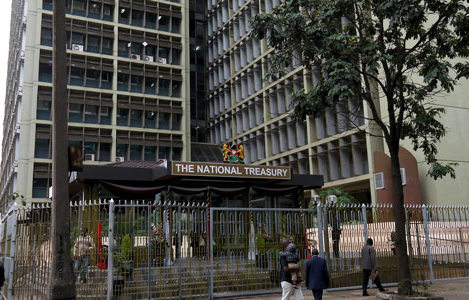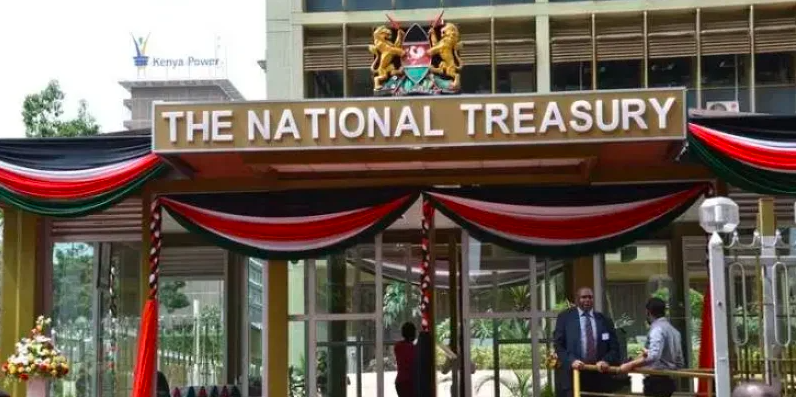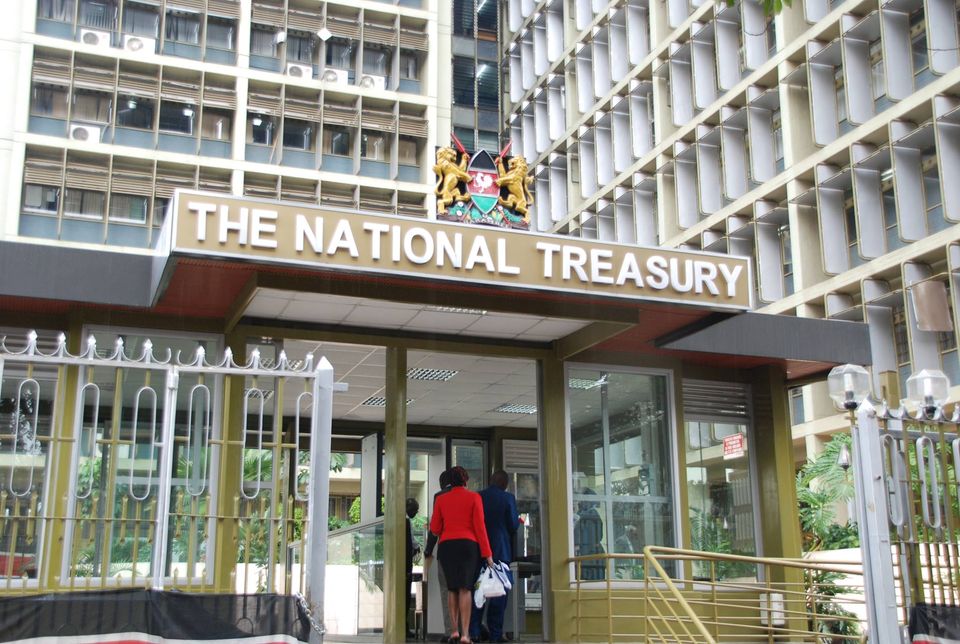We don’t owe counties any money, says National Treasury! The National Treasury announced on Monday that it has disbursed Sh30.8 billion to county governments, clearing all pending arrears except for the month of November. This update comes amidst growing concerns over delayed funding, which the Council of Governors (CoG) warned could severely disrupt service delivery in the devolved units.
Funds Disbursed for Key Arrears
The Treasury revealed that it has so far transferred Sh158 billion to counties. These payments cover:
- Arrears from June 2024.
- Monthly disbursements for July, August, September, and October.
“As of October 18, 2024, the National Treasury has fully disbursed funds to county governments, up to date with all payments except for the current month of November,” read a statement from the Treasury.
According to regulations, the funds should ideally be disbursed by the fifth day of each month. The delays have raised concerns among county leaders who argue that operational disruptions are imminent without timely funds.

Governors Raise Alarm Over Delays
The CoG recently held an extraordinary meeting to discuss the funding crisis, warning that delayed disbursements are putting immense pressure on counties. They highlighted challenges stemming from the delay in passing the County Allocation of Revenue Act (CARA) and ongoing financial uncertainties.
“The prolonged delays are crippling county operations, jeopardizing essential services like healthcare, water, and sanitation,” noted the CoG in a statement. They emphasized that counties are yet to receive their equitable share for the 2024/25 financial year.
Underlying Causes of the Delays
Treasury Cabinet Secretary John Mbadi attributed the funding delays earlier in the financial year to legal and administrative challenges. Chief among these issues is a standoff between the Senate and the National Assembly over the Division of Revenue (Amendment) Bill.

The mediation committee, formed to reconcile differences between the two houses, has been unable to reach an agreement. The deadlock has added to the uncertainty surrounding county funding, with both houses failing to resolve a critical disagreement regarding a proposed reduction of Sh20 billion.
Contention Over the Sh20 Billion Reduction
At the heart of the dispute is a proposal by the National Treasury to reduce county allocations by Sh20 billion. This move, backed by the National Assembly, has been strongly opposed by the Senate. Senators argue that once resources have been allocated to counties, they cannot be retracted.
The Senate has maintained that devolved units must receive the full Sh380 billion initially allocated. The National Assembly, however, supports the Treasury’s position, arguing that fiscal realities necessitate the reduction.
The impasse has left county governments in a precarious position, with uncertainty over future funding threatening their ability to plan and execute critical services.
Impact on County Operations
The delayed funding has significant repercussions for county operations. Without their equitable share, counties struggle to:
- Pay salaries for county workers.
- Maintain healthcare services, water supply, and sanitation projects.
- Implement development projects critical for local economies.
The CoG warned that the ongoing financial strain risks paralyzing services, especially in essential sectors like healthcare and infrastructure.

What’s Next for Counties?
Resolving the stalemate requires compromise between the National Assembly and the Senate. Experts have called for an expedited mediation process to address the impasse and provide counties with financial certainty.
In the meantime, county governments are being urged to manage their limited resources prudently. The National Treasury has also assured stakeholders that it is working to ensure timely disbursements moving forward.
Conclusion
While the disbursement of Sh30.8 billion provides temporary relief, the ongoing stalemate over county funding remains a critical issue. A resolution is urgently needed to safeguard essential services and maintain the spirit of devolution. Stakeholders must prioritize the welfare of citizens over political differences to prevent further disruption in county operations.


















